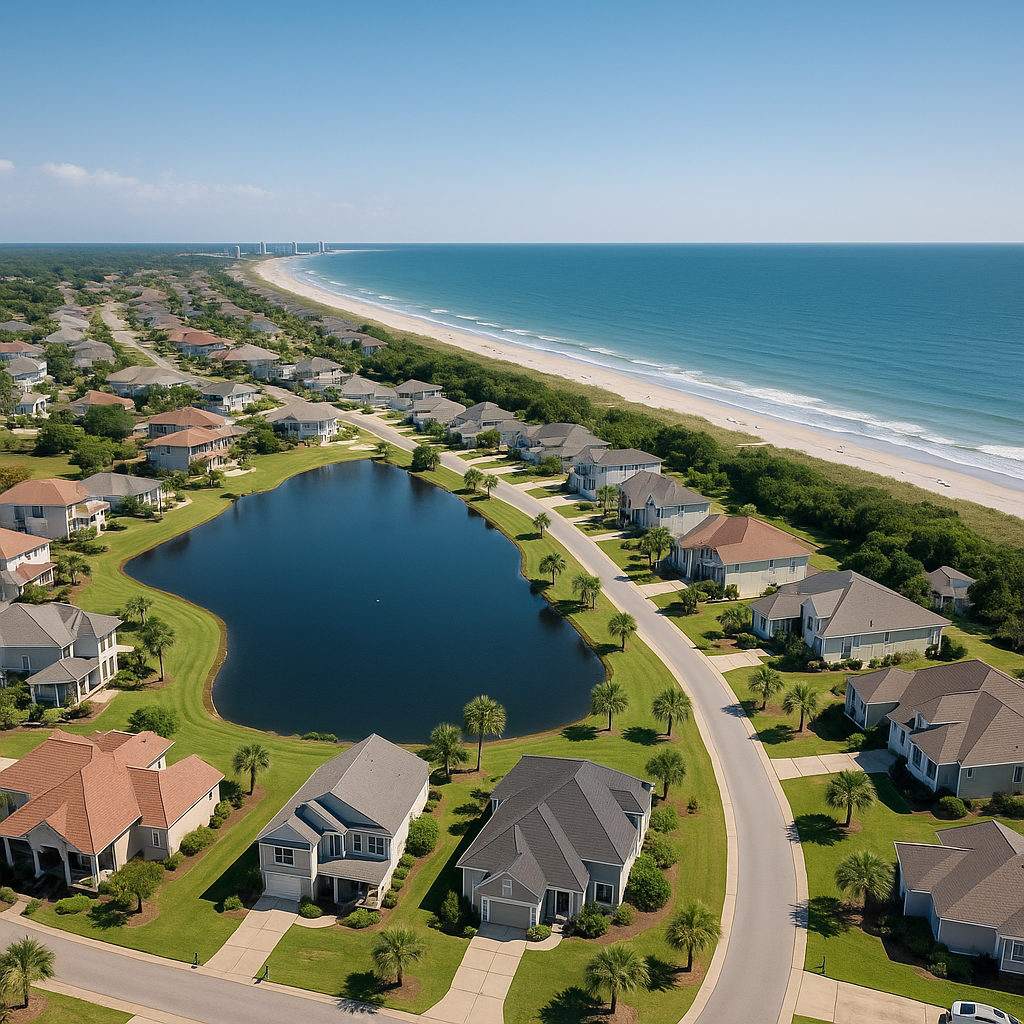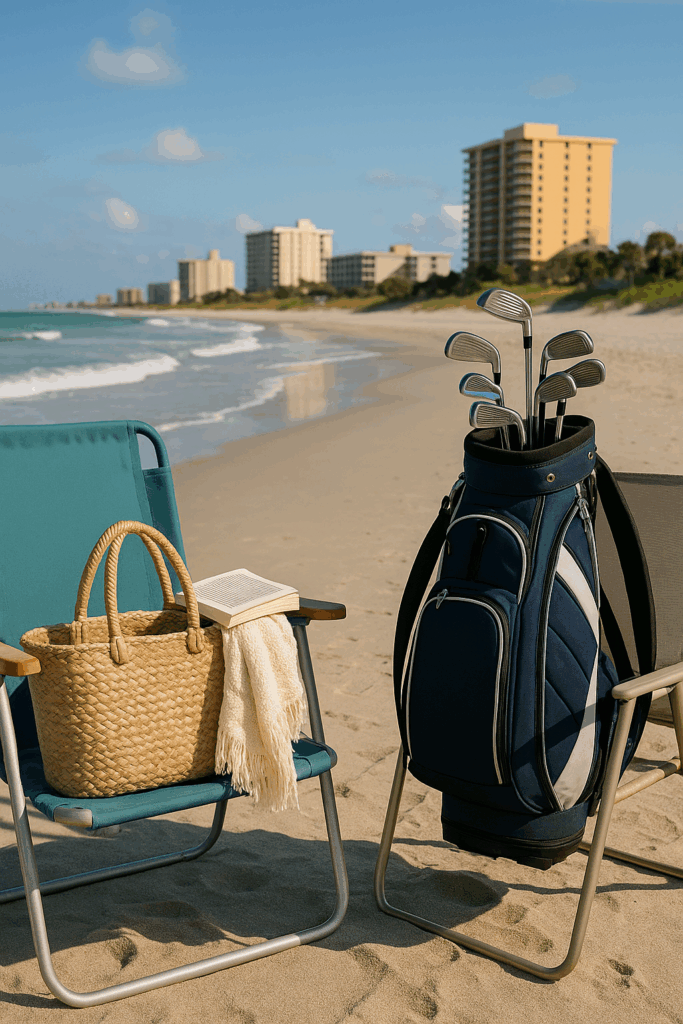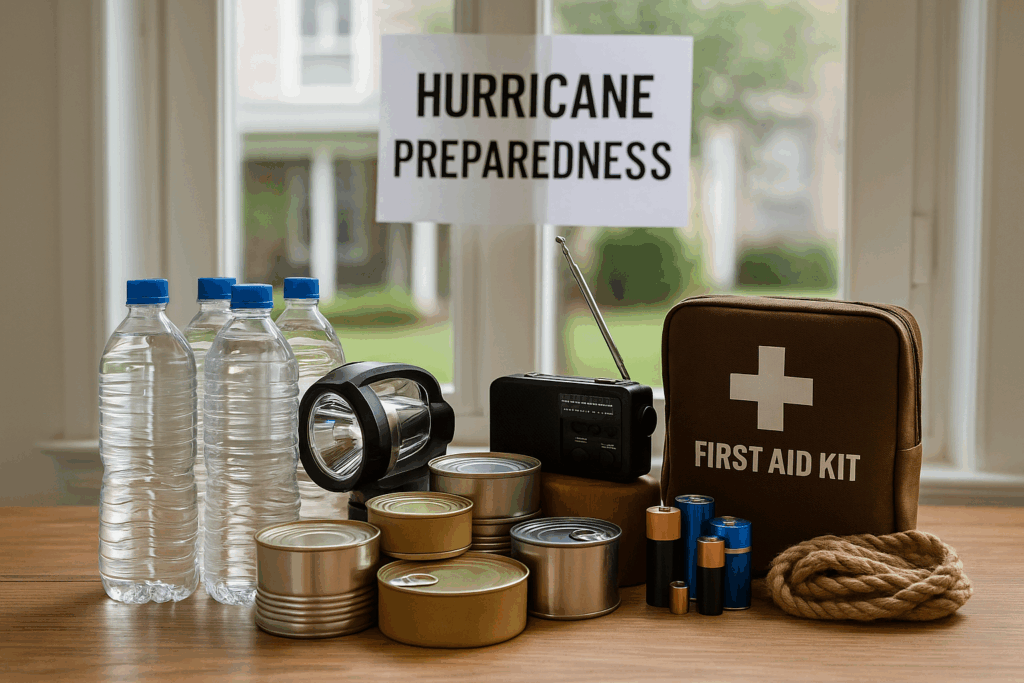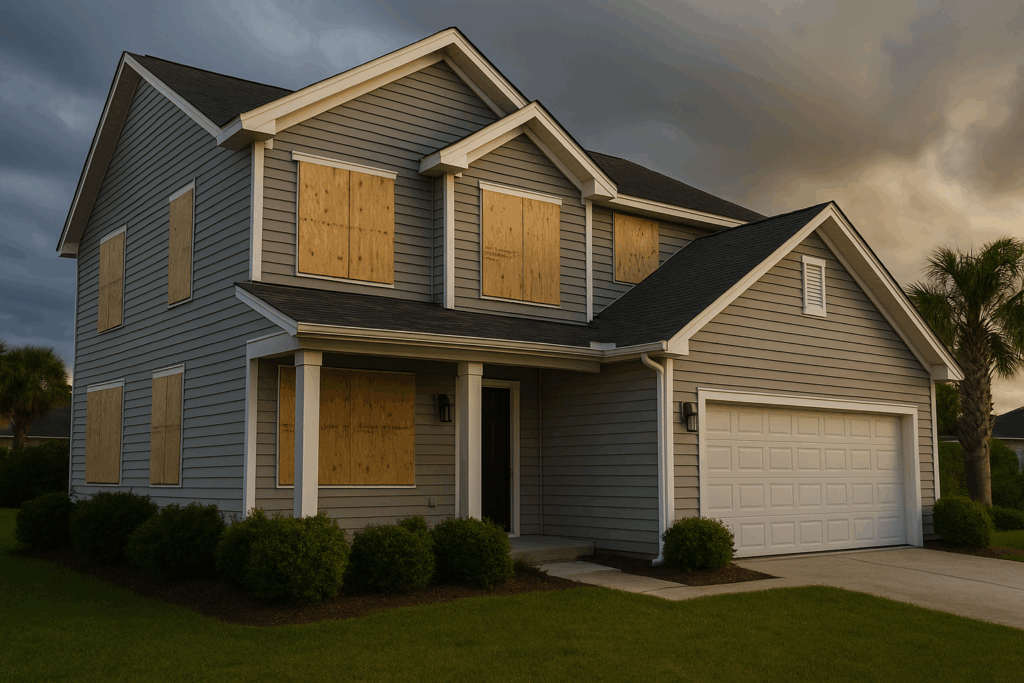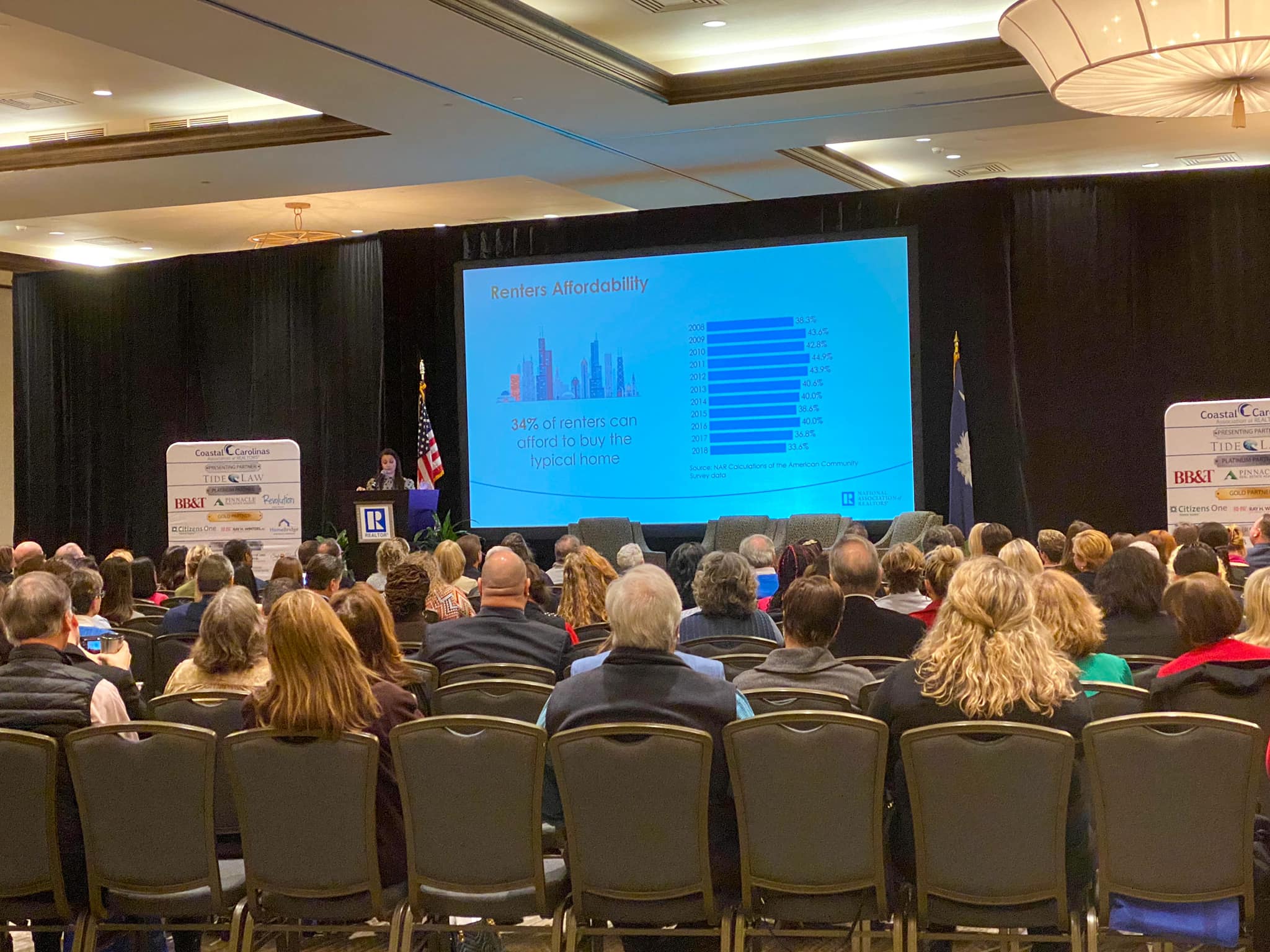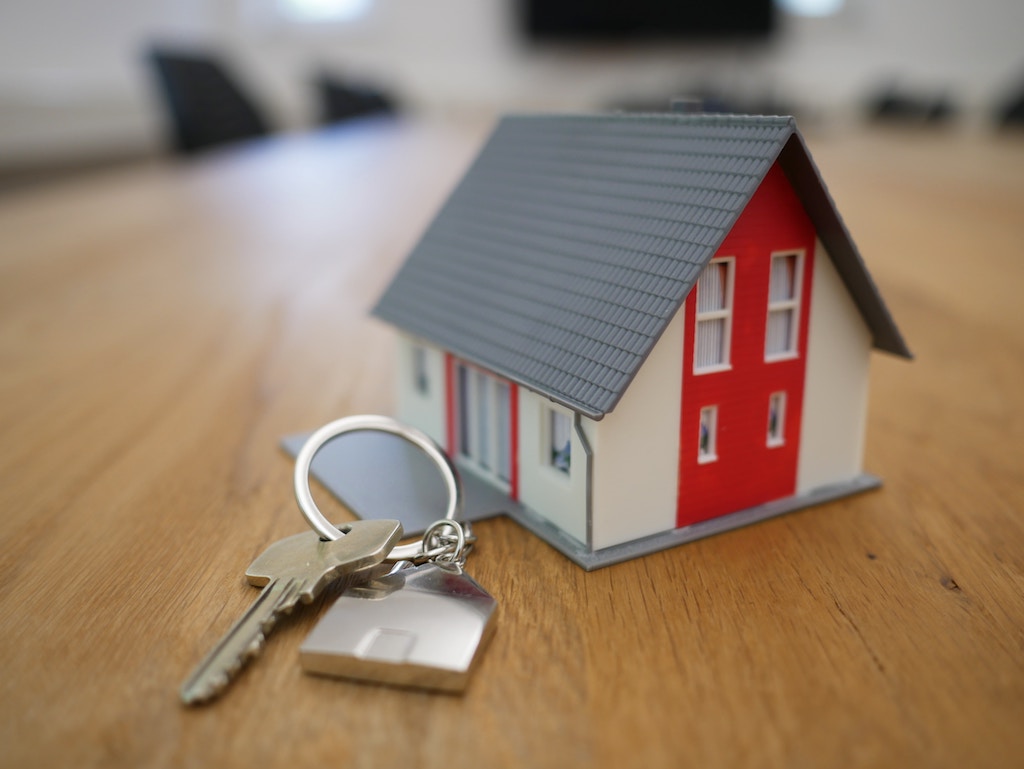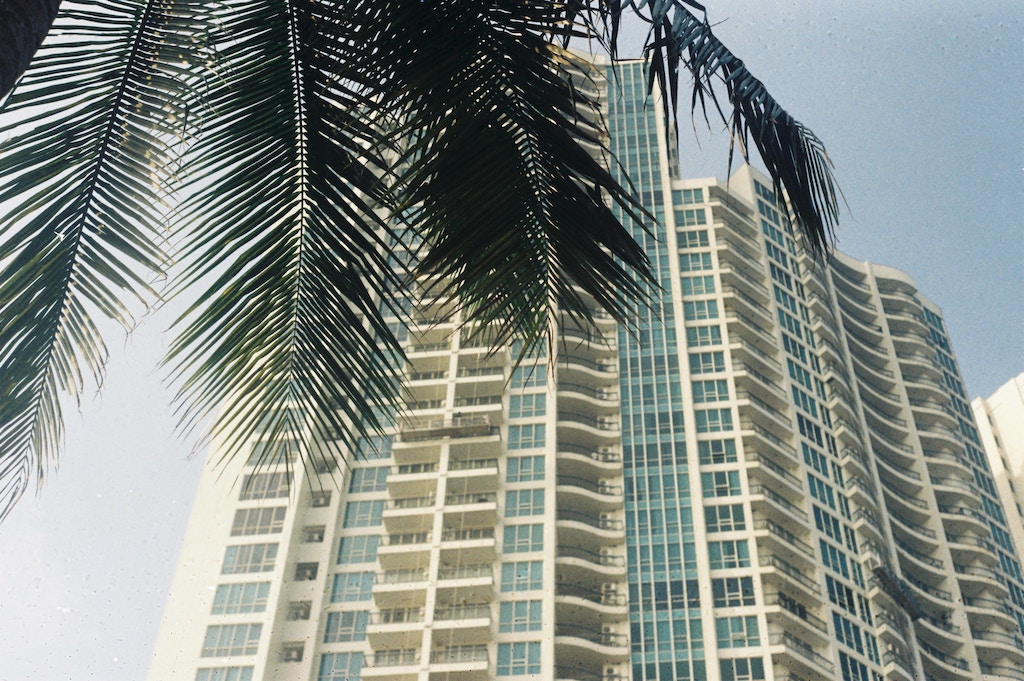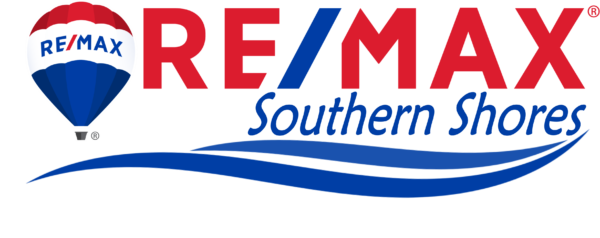If you’re looking to buy a home in the Myrtle Beach area, chances are you’ve seen something called HOA fees pop up in listings. Some are low, others are surprisingly high. So, what’s the deal?
In this guide, we’ll explain what HOA fees are, what they cover, how much you should expect to pay in 2025, and how to know if they’re worth it. Let’s break it all down so you can feel confident about your move and your budget.
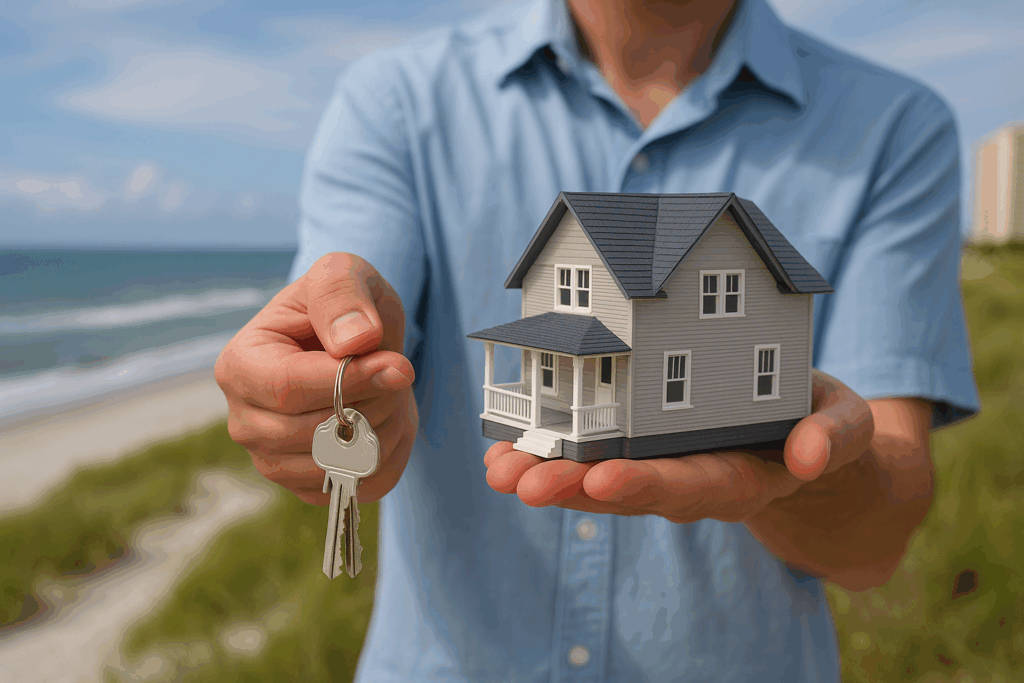
What Are HOA Fees?
To start, HOA stands for Homeowners Association. When you live in a neighborhood with an HOA, you’ll likely pay monthly or yearly fees. These fees go toward keeping the community looking good and running smoothly.
You’ll find HOA fees in:
- Condos
- Townhomes
- Planned neighborhoods
- Gated communities
- Resort-style subdivisions
Basically, the HOA is in charge of shared spaces, certain rules, and keeping things in good shape.
How Much Are HOA Fees in Myrtle Beach?
Now, let’s talk about the numbers. HOA fees in Myrtle Beach can be as low as $50 a month or over $600, depending on where you live and what’s included.
Here’s a simple chart to help you understand the typical costs:
| Type of Property | Average Monthly Fee |
|---|---|
| Single-Family Home | $50–$150/month |
| Townhomes | $125–$250/month |
| Oceanfront Condos | $250–$600+/month |
| Gated or Luxury Communities | $150–$400/month |
As you can see, prices vary a lot. That’s because each community is different. Some have basic services, while others offer luxury-style features.
What Do HOA Fees Usually Include?
Next, let’s look at what you’re paying for. HOA fees aren’t just random charges. They go toward shared services and upkeep.
Here’s what many HOA fees in Myrtle Beach cover:
Exterior Maintenance
This includes things like roof repairs, siding, lawn care, and pest control — especially for condos and townhomes.
Common Area Upkeep
Think of sidewalks, roads, landscaping, entry signs, and ponds.
Amenities
Pools, fitness centers, clubhouses, tennis courts, and walking trails may all be included.
Gated Entry or Security
Some neighborhoods use part of the fee for cameras, gate access, or even private security guards.
Insurance
Condo fees often include part of the building’s master insurance policy.
Reserve Fund
A chunk of your fee goes into savings for big repairs later, like paving roads or replacing roofs.
Are HOA Fees Worth It?
So, is it a good deal? That depends on your needs.
Ask yourself:
- Do I want access to a pool, gym, or clubhouse?
- Do I prefer someone else handle yard work or outside repairs?
- Am I okay with following rules about home appearance and upkeep?
- Do I want a clean, well-maintained neighborhood?
If you said yes to any of those, HOA fees might be worth it. However, if you prefer fewer rules and lower costs, you may want to look for a home without them.
Can HOA Fees Change Over Time?
Yes, they can — and often do.
HOA fees may go up if:
- Maintenance costs increase
- Insurance premiums rise
- New amenities are added
- The reserve fund needs more money
Before buying, ask the seller or agent:
- Have the fees increased in the past five years?
- Are there planned fee changes coming soon?
- How much is in the reserve fund?
- Have there been any special assessments?
These answers will help you plan for the future and avoid surprises.
What to Check Before You Buy
Before you buy a home in a neighborhood with an HOA, be sure to:
- Ask for the HOA documents – like rules, financial reports, and meeting notes.
- Look at the budget and reserve fund – is it strong or struggling?
- Find out what’s included in the fee – amenities, insurance, trash pickup, etc.
- Check the rules – are there limits on paint colors, pets, fences, or home changes?
- Ask about special assessments – these are extra fees charged for big projects.
Doing these five things helps you make a smart, stress-free decision.
Final Thoughts: Don’t Be Surprised by HOA Fees
In Myrtle Beach, HOA fees are a normal part of many communities, especially newer ones or those with shared amenities. The key is knowing what those fees cover — and whether they match your lifestyle.
When you understand the cost, services, and rules, you can decide what’s right for you.
Ready to Start House Hunting?
Thinking about buying a home in the Myrtle Beach area? Whether it’s a beachside condo or a peaceful gated neighborhood, we can help you compare communities, understand the fees, and find the perfect fit for your needs. Visit http://jeremyblanton.com to schedule your call, to gain more insight on navigating a move to the Myrtle Beach area.
Let’s make your move smooth — and smart.
